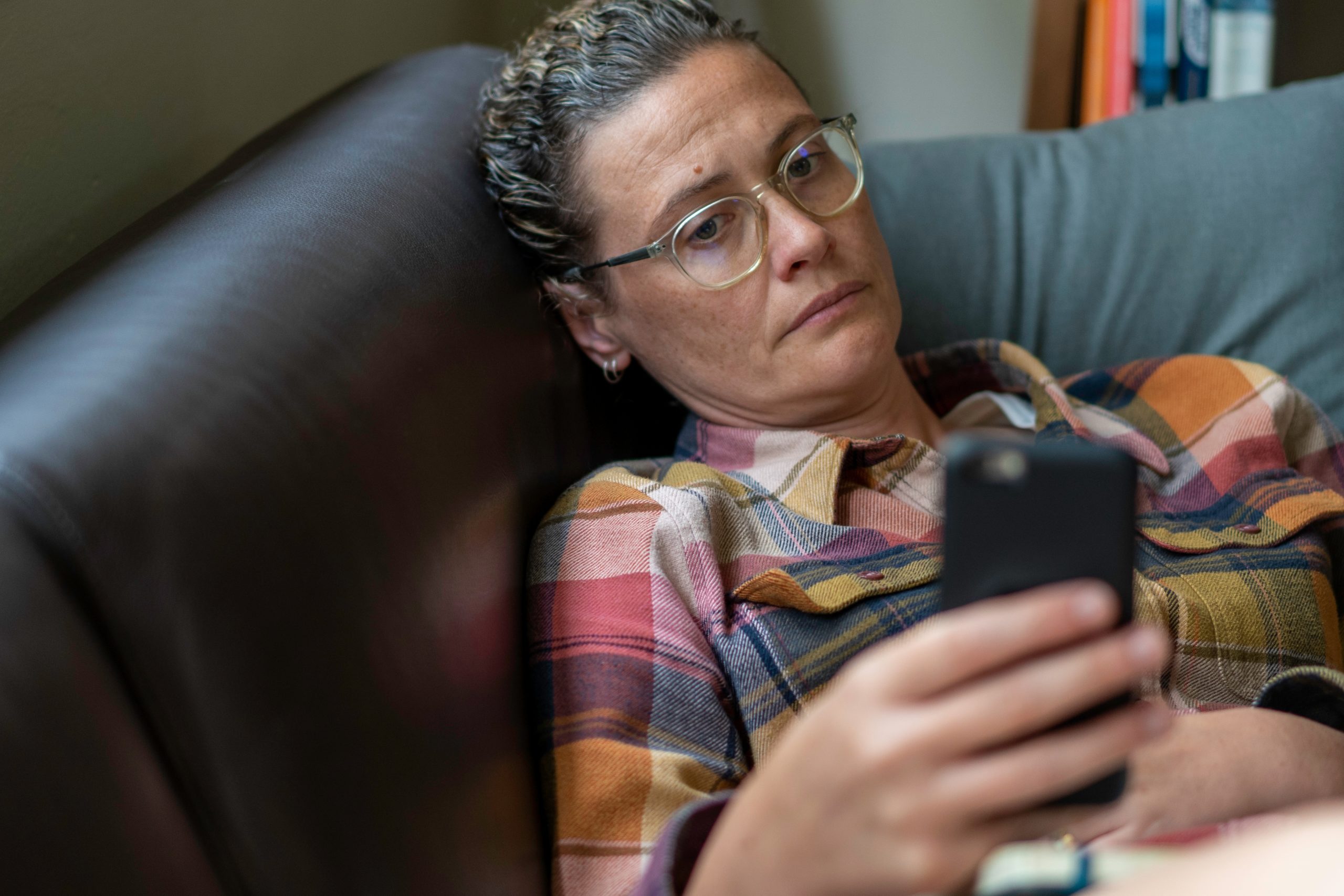Romance Scams: How to Detect and Avoid

When a client came to my office and told me about her recent connection with someone online, I was interested to hear more, but in the back of my mind, I hoped it was not a romance scam. She was an intelligent, middle-class older widow looking for companionship and had found, or more accurately was found, on Facebook by someone with intentions other than companionship. Although I will not provide specific information about her, she has given me permission to use her experience to help alert others to this problem that targets the lonely.
Scams, in general, can affect all age groups; however, romance scams affect older adults more often as they typically have more money and are less familiar with online scams. Targeted groups are recently widowed or divorced older adults. Scammers know what to say and know how to play to a person’s desire to be less lonely. Sometimes loneliness is so great, the emotion clouds the judgment and causes people to do things they otherwise would not.
What are the red flags of a romance scam? There are several red flags that can indicate people are potential romance scammers, and you may consider ending communication if you notice any of these (there may be others). They talk about meeting you right away and profess love to you early in the communication.
Also, they make excuses about being able to have a video call, or you can’t see their faces clearly if they do agree to do a video call. They are much younger than you. They live, work, or travel in another country. They request you to send money urgently through gift cards or cryptocurrency, such as Bitcoin (Homeland Security Investigations, 2024). They claim to be an officer in the military overseas and will be moving back to the United States, and they would be able to get together with you soon. They work on an oil rig, and a tragedy occurred with the oil rig and his crew.
How can you avoid losing money to romance scammers? Keep your communication on the dating/online platform versus using your phone or text, and block unknown or suspicious numbers. Do your research on the person and see if the name or picture has been used somewhere else as he/she may be using someone else’s identity. Limit what you share online. Putting too much online gives scammers information they can use to build your trust. Don’t send money. Some forms of money can never be tracked or refunded as in gift card scams where the scammer stays on the phone while they create an urgency for you to buy gift cards to give them the numbers for them to redeem. Listen to your gut, and if the person seems too good to be true, talk to someone you trust about it (Homeland Security Investigations, 2024).
What can you do if you have been scammed? Don’t blame yourself. These people are manipulators and have developed their ability to manipulate. Stop communication with the person. Tell someone you trust. Contact law enforcement and consider making a report with the Federal Trade Commission. Make a report with the online platform you have or had been using. Monitor bank accounts, freeze accounts, and contact your bank about opening new accounts (Homeland Security Investigations, 2024).
Sadly, my client was negatively impacted by the romance scam, and her case is not an isolated one. I hope understanding the red flags, the manipulative nature of the scammer, and the steps to take before and after a scam occurs will encourage people to talk about this problem. Talking about it may feel uncomfortable, but doing something about it early and asking for help may have more of a positive outcome than waiting until the problem has gotten so large that you can’t recover financially.
Work Cited
Homeland Security Investigations. (2024, August 6). Protect yourself against romance scams. https://www.dhs.gov/hsi/insider/romance-scams-protect-yourself
ABOUT THE AUTHOR

Michelle Stoller
Licensed Independent Clinical Social Worker
Licensed Independent Mental Health Practitioner- Michelle Stoller has been working at Wholeness Healing Center since November 2015 and sees clients in the Grand Island and Kearney offices and also via Telehealth. Michelle believes in the importance of building trusting relationships with clients and understands the difficulties and stressors a person faces may occur due to any number of circumstances. It is never too late to make changes and create a more satisfying life.
LATEST ARTICLES BY Michelle Stoller
Subscribe today
Sign up to receive the latest mental health tips and inspiration
